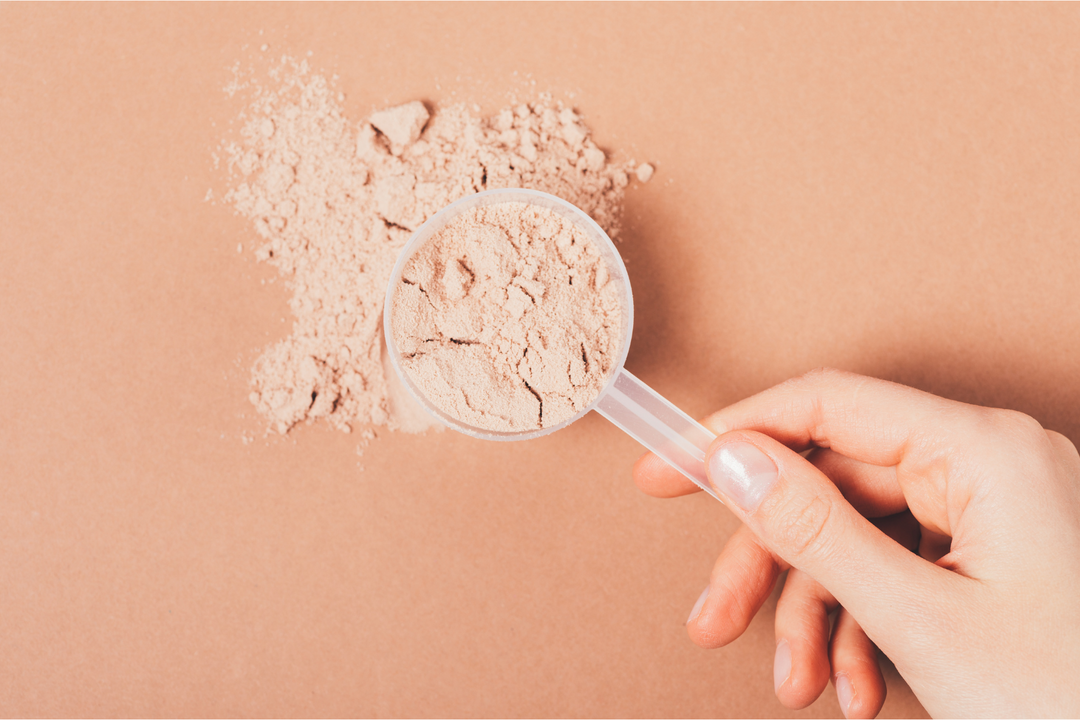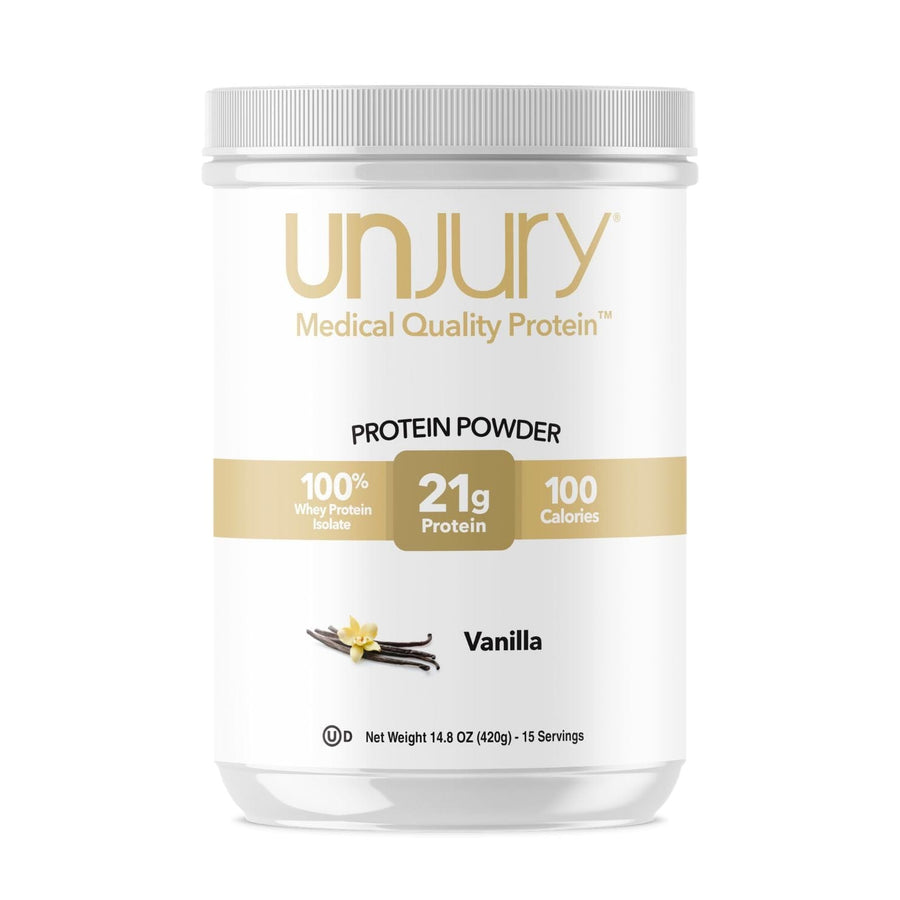What is Whey Protein and How is it Made?
Exploring the world of protein supplements can feel like you are trying to solve a mystery, especially for those new to this area of nutrition.
Consuming high-quality protein in a powdered form naturally sparks questions: What is whey protein? Where does whey protein come from? And how is whey protein isolate better than whey protein concentrate?
In this blog, we aim to answer your questions about various types of whey protein supplements, exploring their origins, compositions, and the key factors that define high-quality proteins.
What Is Protein Powder?
Simply put, protein powder is a dietary supplement that provides a concentrated source of protein in a powdered form. It is created to supplement protein intake when it may be challenging to meet daily protein requirements through whole food sources alone.
The powder can be sourced from different types of protein, such as whey, casein, soy, pea, hemp, or a blend of proteins.
Where Does Whey Protein Come From?
Whey is a liquid byproduct of the cheese-making process. During cheese production, milk is curdled to separate the solid curds from the liquid whey. The resulting liquid whey is then filtered to remove fats and other non-protein components, increasing its protein concentration. The concentrated whey protein is then dried into a powdered form.
Whey protein is known for its rapid absorption and complete profile of all nine essential amino acids that the human body needs because it cannot produce them on its own. It is particularly high in branched-chain amino acids (BCAAs), with leucine being a key amino acid known for its role in protein synthesis and muscle development.
Are All Whey Protein Powders the Same?
No, not all whey protein powders are the same. There are several forms of whey protein powders, each with varying protein concentrations and components.
The most common ones are:
- Whey protein concentrate (WPC): The amount of protein in WPC typically ranges from 70% to 80%, with the remaining 20-30% comprising carbohydrates, lactose, and fat.
- Whey protein isolate (WPI): WPI undergoes further filtration to remove most fat, lactose, and other nonprotein components, resulting in a protein content of usually 90% or more.
- Protein blend: Any supplement containing more than one protein source is considered a protein blend. This can be a combination of whey protein isolate or concentrate mixed with soy protein, various plant-based proteins, or other lower-quality proteins like collagen.
Differences in the origin and quality of the milk, processing methods, and the addition of ingredients like flavorings, sweeteners, and additives directly impact the final product. As a result, these factors lead to changes in taste and texture, creating significant distinctions between brands and products on the market.
Protein Powder Supplements: Taste and Tolerability
The flavor and digestibility of protein shakes can differ from person to person, often influenced by personal taste, allergies, sensitivities, and the type of protein used.
For instance, whey protein powder may trigger digestive issues for those with milk allergies as it is a milk byproduct. Opting for high-quality whey protein isolate, which undergoes a filtration process removing lactose, is an excellent choice for individuals with lactose intolerance but not dairy or milk intolerance.1
Opt for reputable protein brands backed by research. While cheaper products may cut costs, they often include lower-quality ingredients and unnecessary additives, increasing the likelihood of digestive discomfort.2 Choose wisely for a better experience.
Unjury® Medical-Quality Whey Protein Isolate
Unjury uses premium ingredients, starting with dairy sourced from North America. Our high-quality ingredients and thorough filtration process result in a pure product requiring minimal flavoring, creating a clean and highly concentrated final product that is gentle on the stomach. Unjury products are safe for individuals with lactose intolerance.
This thoughtful ingredient selection and filtration approach results in a light, clean-tasting protein powder that easily blends into your favorite beverages, smoothies, sauces, soups, and more.











